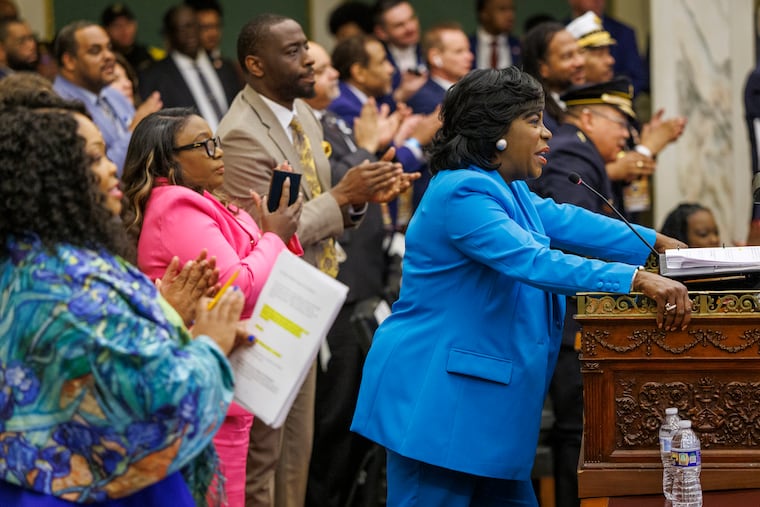City budget process lacks transparency; calls for increased opportunities for participatory budgeting grow.
In Philadelphia, the city budget has become a subject of confusion and frustration for many residents, with terms such as “unknown,” “opaque,” and “misaligned” frequently surfacing in discussions about municipal finances. This reluctance to engage with the budget process raises important questions about local governance and citizen involvement.
The city budget is not merely a financial document; it is a strategic blueprint that outlines how resources will be allocated to shape the future of Philadelphia. Despite its significance, a recent survey conducted by the People’s Budget Office revealed that over 80% of participants had never engaged with the budgeting process and were largely unaware of their ability to participate. Respondents indicated a lack of knowledge on how to get involved, with many expressing a feeling that their voices did not carry weight in decision-making.
This disconnect was further illustrated by the fact that only 24% of surveyed individuals felt that the budget reflected their community’s needs. As City Council recently gave preliminary approval to Mayor Cherelle L. Parker’s proposed .8 billion budget, which includes cuts to wage and business taxes along with plans for housing, the question arises: how different might this budget look if Philadelphia residents had more meaningful input?
The city’s budgetary cycle begins with the mayor’s address in March and continues with public hearings throughout May. While this period is designated for budget outreach, critics argue that the process remains inaccessible to most residents. City officials conduct town halls and invite public comment, yet these opportunities do not seem to translate into substantive community engagement or systemic change.
In order to bridge this gap, the People’s Budget Office is advocating for a transformative approach to budgeting that prioritizes the input of Philadelphia’s residents at every stage of the process. Initiatives like the 101 and 201 workshops aim to familiarize residents with the intricacies of the budget, presenting key funding priorities in an accessible manner.
The organization’s recent art installation at LOVE Park further illustrates this commitment to community engagement by inviting artists to interpret the budget and share diverse narratives about critical issues, including safety, climate change, and library funding. These creative efforts seek to provide a fresh perspective on the budget and how it impacts everyday life in Philadelphia.
There is also a call for renewed interest in participatory budgeting, which allows citizens to vote on how a portion of public funds are spent. Philadelphia’s previous participatory budgeting project in 2021 involved a modest allocation of million, emphasizing the importance of grassroots feedback gathered from neighborhood workshops and community focus groups.
As the next budget is prepared, there is a pressing need for genuine participatory budgeting initiatives that ensure transparency and equal accountability. The goal should be to create a process where all residents—regardless of their background or experience—have a voice in how their city is resourced. This shift towards a more inclusive approach can empower communities, allowing them to articulate their distinct needs and shape the narrative of their city’s development.
It is crucial for Mayor Parker and City Council members to prioritize participatory budgeting, moving beyond symbolic gestures and committing to a true democratic process that values and respects the voices of Philadelphians. Trusting residents to contribute to the city’s financial decisions could foster a more equitable and responsive municipal government, ultimately leading to a brighter future for all of Philadelphia.
Media News Source







